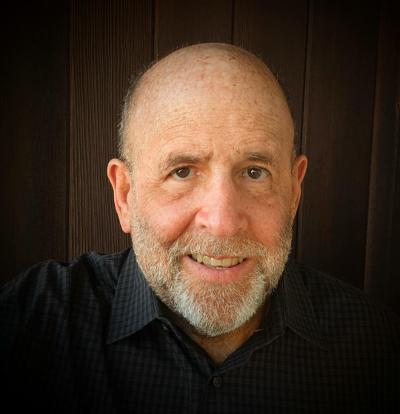
Andrew Malekoff
Have you heard about “free-range parenting”?
I hadn’t.
It refers to laws that grant children independence for certain activities such as walking to school or hanging out in a playground, based on their maturity level.
Fair enough.
Although some folks think it helps to build confidence, self-reliance and character, others see it as neglect.
Which is it?
Every state has different laws for leaving kids unattended. Some have a minimum age for leaving a child home alone. In Delaware it is 12 and in Georgia is it 8, for example.
Who knew?
The Utah State free-range parenting bill, the first in the country, permits children to “walk, run, or bike to and from school, travel to commercial or recreational facilities, play outside and remain at home unattended.”
Typically, these laws have discretion built in for parents.
According to New York state law there is no set age at which you can leave a child alone. The parent is responsible for deciding whether or not the child is mature and responsible enough to understand the circumstances and take care of her or himself.
Sounds like my childhood in the 1950s.
Kids need safe places to go and worthwhile things to do to develop a sense of belonging, competency and hope. Parents need to be protected from unwarranted investigations for neglect if their 8- or 9-year-old children are seen playing in a park.
Play is essential to a child’s development.
Social psychologist Jonathan Haidt advised that the most important thing we can do to prepare the next generation is let them out to play. It is through play that kids cultivate imagination and creativity, build physical fitness and learn the “rules of the game.”
Developing a playful attitude also goes a long way in benefiting emotional well-being as they mature into adulthood.
Haidt advises, in his April 9 piece for The Atlantic, “stop starving children of the experiences they most need to become good citizens: free play in mixed-age groups of children with minimal adult supervision.”
Yes!
“With such laws [like free-range parenting] in place,” Haidt suggests, “schools, educators, and public-health authorities should then encourage parents to let their kids walk to school and play in groups outside, just as more kids used to do.”
Like many of us used to do.
Of course, parents must proceed with common sense caution and legal due diligence. New York state law specifies that “a child of 12 might be fine alone for two hours in an afternoon. Yet, the same child may be incapable of responsibly caring for a 5-year-old for that same period of time.”
Sound judgment is key.
In his 1938 book on the study of play in culture, Dutch historian Johan Huizinga identified the essence of human beings with playfulness. He described play as a “free activity standing quite consciously outside ‘ordinary’ life as being ‘not serious’ but at the same time absorbing the player intensely.”
There is nothing better than getting lost in a good day’s play.
In his treatise on Little League baseball and youth culture, sociology professor Gary Alan Fine gave voice to the infusion of joy in one’s work, adopting a playful attitude toward it, and transcending the formal rules of an activity without breaking them.
For a child, the pathway to industrious work begins with unfettered play.
To the extent that Little League baseball is task-oriented, it is a form of work. To the extent that it is flexible, free and involves choice, it is play.
It is, in fact, both.
Each metaphor contributes to our understanding that work and play for young people are inseparable.
Let them play freely!
We are living in uneasy times. Free-floating anxiety has been intensified by the COVID-19 pandemic and a sense of uncertainty about the future. Free play has been hijacked by protective health measures imposed by government. They are not universally accepted and can be isolating and confusing.
Regardless, a child’s job is to explore and a parent’s job is to protect.
It is incumbent upon us, as adults who care about kids, to find the proper balance to allow each child the time to safely find their way, taking baby steps if necessary.
Not sure about letting go just yet?
You are not alone. It’s okay. There are lots of organized outside of school activities that are supervised by caring adults who understand child development and peer group dynamics.
Laws can help to guide us, not decide for us.
Play is a child’s right.
__________
If you wish to review the relevant free-range parenting laws in all 50 states, go here: https://letgrow.org/resources/state-policy-maps/#N






